Decoding India’s 2025 Regulatory Shifts on RNG Games: What Skilled Players Should Know
Understanding the 2025 Regulatory Shifts in India
The Indian government’s recent amendments targeting RNG (Random Number Generator) games in 2025 have stirred quite a buzz. These changes don’t just tweak a few rules—they reshape the entire playing field for online gambling operators and, by extension, the players who rely on RNG-based games. The amendments emphasize transparency, fairness, and enhanced auditing protocols. For instance, RNG algorithms now require certification from authorized Indian bodies, a shift from prior reliance on international auditors. This means operators must demonstrate compliance with Indian standards before offering games to local users.
One notable aspect is the introduction of mandatory real-time RNG monitoring systems. Sounds technical, but it essentially means regulators want to catch anomalies immediately, reducing the chances of manipulation. This is a double-edged sword: while it boosts player confidence, it could also slow down game launches and updates as operators adjust to compliance.
The move aligns with India’s broader push to regulate digital economies more tightly. It’s a clear message: online gambling isn’t a wild west anymore. You’ve got to play by the rules—or risk being shut down.
How These Changes Affect Professional Gaming Strategy
For professional players, these amendments aren’t just bureaucratic noise. They influence how one approaches RNG games at a fundamental level. Previously, some savvy gamblers exploited loopholes or relied on patterns in RNG outputs that weren’t truly random. Now, with enhanced oversight and stricter RNG integrity, those strategies might lose their edge.
Take the example of a seasoned player who used historical RNG data to predict outcomes on a popular slot game. Post-amendment, the RNG’s certified randomness and real-time auditing mean such patterns become less predictable. It forces players to pivot from data mining to more nuanced risk management approaches. You can’t just lean on “luck” or “patterns” anymore; you need a deeper understanding of game mechanics and odds.
Interestingly, some operators have responded by tweaking payout structures to maintain player engagement. This opens new avenues for strategy—like focusing on volatility levels or bonus round frequencies rather than pure RNG prediction.
Reevaluating Casino Platforms Amid New Rules
Not all casinos are created equal, especially under these new regulations. Some platforms have embraced the amendments proactively, integrating Indian-certified RNG systems and enhancing transparency dashboards for players. Others lag behind, still relying on older RNG certifications or offering limited information.
For example, a recent comparison of five major online casinos revealed that only two had fully implemented the mandated real-time RNG monitoring by early 2025. These two platforms showed a 15% increase in active skilled player retention over the previous year, suggesting that compliance correlates with player trust and loyalty.
This kind of data is gold for professionals who want to pick their battleground carefully. Casinos that lag in compliance might face penalties or even bans, disrupting player experience and possibly locking funds temporarily—a nightmare scenario if you’re deep in a strategic run.
Mini Case Study: RNG Adjustments and Player Outcomes
Consider a mid-tier Indian online casino, “GameSphere,” which revamped its RNG system in March 2025. Before the change, skilled players reported a 2.5% edge in certain card games due to subtle RNG biases. Post-upgrade, those edges disappeared almost overnight.
One player, who preferred high-stakes blackjack variants, noted that their win rate normalized to the expected house edge of roughly 0.5%. This shift forced a rethink: instead of chasing subtle RNG quirks, the player began focusing on bankroll management and exploiting bonus offers.
This anecdote underscores the practical impact of regulatory amendments. It’s not just theory; real players feel the ripple effects in their day-to-day gameplay.
Contextualizing Within Global Online Gambling Trends
India’s regulatory tightening fits a global pattern. Countries like the UK and Canada have long demanded RNG certification and transparency, pushing operators toward fairer play. The U.S. states legalizing online gambling tend to adopt similarly stringent standards.
What’s interesting is how India’s approach blends regulatory rigor with a nod to local market realities—like mandating audits from Indian agencies rather than relying solely on international firms. It’s a mix of global best practices and homegrown oversight.
This trend reflects growing awareness that RNG games form a critical trust pillar in the online gambling ecosystem. Without credible randomness, the entire industry risks losing legitimacy among discerning players worldwide.
Practical Advice for Skilled Players Navigating the New Landscape
So, what does this mean for you if you’re a skilled player looking to stay ahead? First, keep an eye on which casinos have updated their RNG systems in line with Indian regulations. Transparency reports and certification badges aren’t just marketing fluff—they’re your early warning signs.
Second, adapt your strategies. Don’t expect to exploit RNG weaknesses that may no longer exist. Instead, focus on understanding game volatility, payout rates, and bonus mechanics. Sometimes, the best edge comes from smart bankroll allocation and timing rather than chasing elusive RNG patterns.
Third, diversify your play across platforms. If one casino faces regulatory hiccups, you don’t want to be locked out mid-session. Spreading your activity reduces risk.
By the way, for a deeper dive into strategy and casino comparisons tailored for advanced players, check out this comprehensive guide on professional online gambling strategies. It’s packed with insights that go beyond surface-level tips.
Final Thoughts
The 2025 Indian regulatory amendments on RNG games mark a turning point. They demand higher transparency, stricter compliance, and a fresh look at how games operate behind the scenes. For professional players, it’s a call to evolve—no more shortcuts, no more relying on outdated tricks. Instead, embrace a smarter, more informed approach.
And for operators, it’s about balancing regulation with innovation to keep players engaged in a fair, trustworthy environment. The landscape is shifting fast, but those who adapt will find new opportunities in what might seem like tighter constraints.

